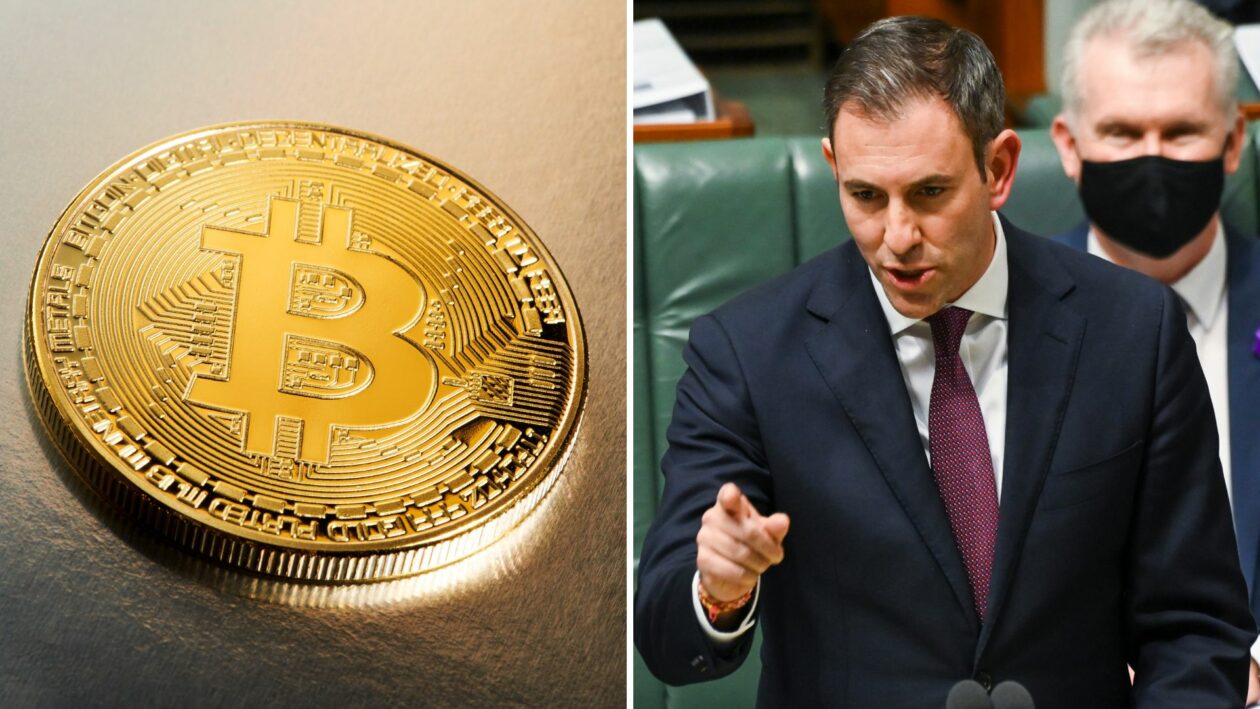Australia’s government has come up with a buzz word “token mapping” to describe how it plans to manage cryptocurrencies, a procedure that aims to plug gaps in regulations, set licensing and custody rules, and protect investors. Not everyone in the crypto industry is cheering.
Australia’s Treasury Department made the token mapping announcement on Monday, claiming the approach hasn’t been done anywhere else in the world, according to a statement on Monday by Treasurer Jim Chalmers and Assistant Minister for Competition, Charities and Treasury, Andrew Leigh.
Successive Australian governments have studied how to regulate the crypto industry, including releasing a paper in March that outlined token mapping, which categorizes cryptocurrency based on set criteria, including utility, whether they are under or over collateralized, and if they are used for fundraising or not-for profits.
Jonathon Miller, Australian head of digital asset exchange Kraken, said the country already has an “excellent” crypto regulatory framework for anti-money laundering and counter-terrorism financing.
“That’s evident in the fact that we have so many (crypto) exchanges and functional businesses in Australia,” said Miller in an interview with Forkast.
However, token mapping has been made the first priority for this government, said Miller. “Whether or not that is a good thing remains to be seen.”
Token mapping was one of 12 recommendations in a bi-partisan senate inquiry last year on “Australia as a Technology and Financial Center.” The latest Treasury announcement said a public consultation paper on token mapping will be “released soon.”
Flexible
Miller told Forkast he would like to see Australia keep an open and flexible regulatory framework, and that imposing overly strict regulation upon the industry could stifle innovation and restrict user access to digital currencies.
“The idea that you can map tokens may be questionable and you look to regimes like Japan where the regulator has full and ultimate control over which tokens people can trade,” he said, “I don’t think that’s a great outcome.”
Others in Australia’s crypto industry welcomed the announcement.
Caroline Bowler, chief executive officer of crypto exchange BTC Markets Pty Ltd, said in a statement that the firm welcomes the token mapping plan and the additional clarity this will provide the industry.
Bowler said cryptocurrency is distinct from traditional financial products. “As a result, any regulations need to be applied based on risk, and considered technology neutral in design,” Bowler said. “Token mapping is the foundational work to achieve this risk-based objective.”
Consumer protection is another priority.
Australians lost over AU$205 million (US$141 million) to investment scams between January and May 2022, of which a majority, AU$113 million, involved cryptocurrency, according to a statement from the Australia Competition and Consumer Commission. This represents a 166% increase from the same period in the previous year.
Australian elections in May brought a change of government from the conservative Liberal Party, which had been in power since 2013, to the more progressive Labor Party led by Anthony Albanese.
“The previous government dabbled in crypto asset regulation but prematurely jumped straight to options without first understanding what was being regulated. The Albanese Government is taking a more serious approach to work out what is in the ecosystem and what risks need to be looked at first,” the Treasury Department statement said.
“The efforts to regulate crypto in Australia are well known,” Miller at Kraken said, “I think [with] the order of operations here, perhaps there’s some politics at play, but fundamentally it’s moving ahead and I hope and I trust that the consultative manner will extend through the whole process.”





